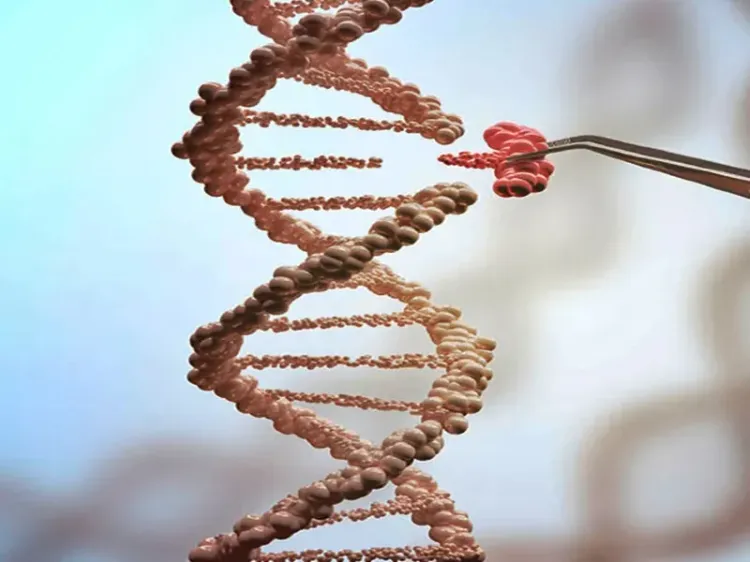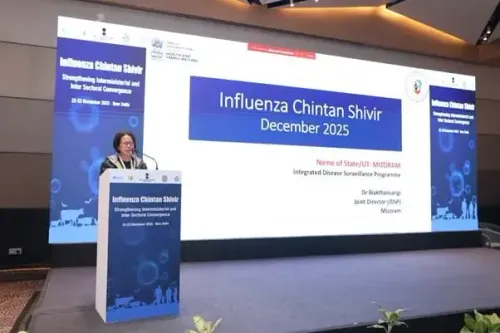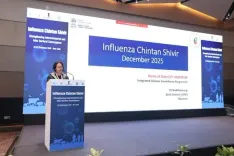Scientists in the US Unveil Innovative CRISPR Toolkit for Remote Genome Editing

New Delhi, Dec 4 (NationPress) Scientists in the US have unveiled a revolutionary CRISPR toolkit designed to enhance the treatment of genetic disorders.
CRISPR (Clustered Regularly Interspaced Short Palindromic Repeats) is a Nobel Prize-winning gene-editing mechanism extensively utilized by researchers to modify and cut DNA sequences, enabling the activation and deactivation of genes or the insertion of new DNA to rectify genetic anomalies.
Employing an enzyme named Cas9, CRISPR executes cuts and alterations within the DNA.
The newly enhanced toolkit, created by researchers at the University of Southern California, empowers CRISPR to accurately focus on particular regions needing intervention.
This groundbreaking study was published in the journal Nature Communications and is set to be integrated into cancer immunotherapy.
“CRISPR is revolutionary,” stated Peter Yingxiao Wang from the university.
“You can perform genome or epigenome editing directly within the cell nucleus, making it possible to address genetically-linked diseases. However, we are advancing it further by enabling control. Instead of ongoing genome editing, we can now activate it at designated locations and times using non-invasive remote-controlled ultrasound waves. That’s the significant breakthrough,” Wang elaborated.
In their research, the team utilized cancer immunotherapy to showcase the added advantages of focused ultrasound within the CRISPR toolkit.
This approach allows the team to combine focused ultrasound CRISPR with immunotherapy to eliminate cancer cells in mice.
Wang emphasized that this tool could be applied to a wide array of genetic disorders, diseases, and autoimmune issues.
“This is the first investigation that offers a comprehensive, ultrasound-controllable CRISPR toolkit capable of knocking out, activating, or silencing specific genes,” remarked Longwei Liu from Wang’s lab.
“By combining this with immunotherapy, we have demonstrated improved tumor treatment outcomes in mice.”
Transforming non-invasive ultrasound waves into a potent precision medicine tool, Wang noted that a current limitation of CRISPR is its continuous activity once activated and introduced into the body.
“Continuous expression can lead to immunogenicity in humans, as the human body may recognize the Cas9-positive cells and mount an attack against them,” explained Liu.










